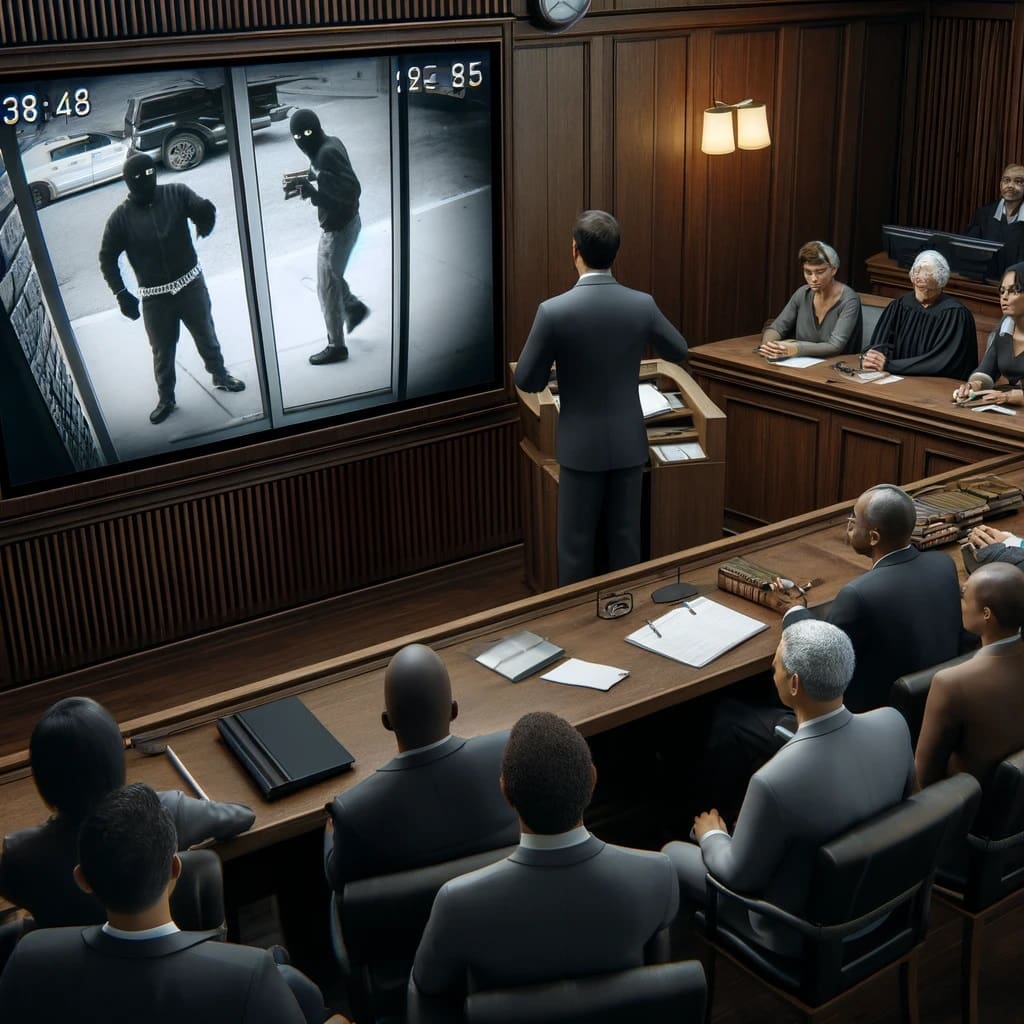How to Build a Strong Armed Robbery Defense Strategy?
Understanding Armed Robbery and Legal Definitions
Armed robbery is a serious criminal offense that involves the use of force or intimidation to commit theft, with the perpetrator carrying a weapon. This crime is treated with heightened severity compared to simple robbery due to the presence of a weapon, which significantly increases the potential for physical harm. The legal ramifications of an armed robbery conviction can be severe, including long prison sentences, hefty fines, and a permanent mark on the individual’s criminal record. Therefore, understanding the specific legal definitions and elements that constitute armed robbery is crucial for anyone facing such charges, as well as for their legal representation.
The elements that must be proven for a conviction include the intent to steal, the use or threat of force, and the presence of a weapon. Defense strategies often revolve around questioning the evidence related to these elements, such as challenging the assertion that the defendant was armed or intended to threaten the victim. Legal defenses may also focus on proving that the accused was coerced or under duress, which can mitigate the charges or lead to a complete dismissal in some cases.
Strategies for Defending Against Armed Robbery Charges
When charged with armed robbery, securing experienced legal representation is paramount. A skilled defense attorney will develop a strategy that scrutinizes every aspect of the prosecution’s case. One common approach is to challenge the accuracy of witness identifications, which can be unreliable and influenced by the stressful circumstances under which they were made. Defense lawyers might also employ forensic experts to dispute the way the evidence was collected and handled, arguing that the integrity of the evidence could have been compromised.
Another defense strategy involves examining the defendant’s alibi; if it can be proven that the accused was elsewhere at the time of the crime, this can serve as a powerful counter to the charges. Additionally, legal professionals might negotiate plea bargains that reduce the severity of the charges in exchange for a guilty plea to a lesser offense. This is often considered when the evidence against the defendant is substantial, and a lesser sentence would be preferable to the risk of a harsher penalty if the case goes to trial.
The Role of Technology in Armed Robbery Cases
Advancements in technology have significantly impacted the prosecution and defense of armed robbery cases. Surveillance systems, such as CCTV and body cameras, can provide critical evidence that either supports the prosecution’s case or bolsters the defense’s argument. For the defense, this might mean highlighting video footage that fails to clearly identify the suspect or contradicts the testimony of eyewitnesses.
Moreover, digital forensics can play a crucial role in proving a suspect’s location through GPS data or cell phone records, potentially establishing a robust alibi. Defense teams are increasingly relying on technological tools to build a compelling defense by uncovering flaws in the prosecution’s evidence or presenting alternative narratives that align with digital evidence.
Preventative Measures and Legal Advice
Prevention and legal awareness can play significant roles in reducing the incidence of armed robbery. For individuals, understanding the factors that contribute to such crimes and the measures that can deter robbers is vital. Business owners, for instance, can implement security measures such as improved lighting, surveillance systems, and secure handling of cash to reduce the risk of becoming robbery targets.
For those accused, seeking prompt legal advice is essential. An attorney can guide the accused through the complexities of the criminal justice system and provide counsel on the best steps to take from the moment of arrest. This includes advising on the rights of the accused, such as the right to remain silent and the right to legal representation, which are crucial in preventing self-incrimination.
Legal Implications and Future Prospects
The legal landscape for armed robbery is continually evolving, with legislative changes that can affect the approach to prosecuting and defending these cases. Staying informed about these changes is vital for legal professionals and the public. Awareness of legal precedents, new laws, and judicial interpretations of armed robbery can influence defense strategies and public perceptions of justice.
For future prospects, ongoing reforms in criminal justice may affect how armed robbery charges are handled, emphasizing rehabilitation over punitive measures for certain offenders. These changes reflect a broader shift towards a more balanced approach to crime and punishment, where the circumstances of the crime and the background of the accused are considered in sentencing decisions.
Conclusion
Navigating an armed robbery charge requires a deep understanding of legal principles, robust defense strategies, and an awareness of the technological tools available. For defendants, securing skilled legal representation is the first step towards challenging the charges effectively. For society, advancing comprehensive prevention strategies and staying informed about legal reforms are essential in fostering environments where such severe crimes are less likely to occur.
- 18 U.S. Code Chapter 103 – Robbery and Burglary
- Robbery Offenses – United States Sentencing Commission Quick Facts
- Primer on Robbery Offenses – United States Sentencing Commission (PDF)
- 1351. Assault/Use of Dangerous Weapon During Bank Robbery – U.S. Department of Justice
- Robbery – Proper Defense Law Firm Overview














